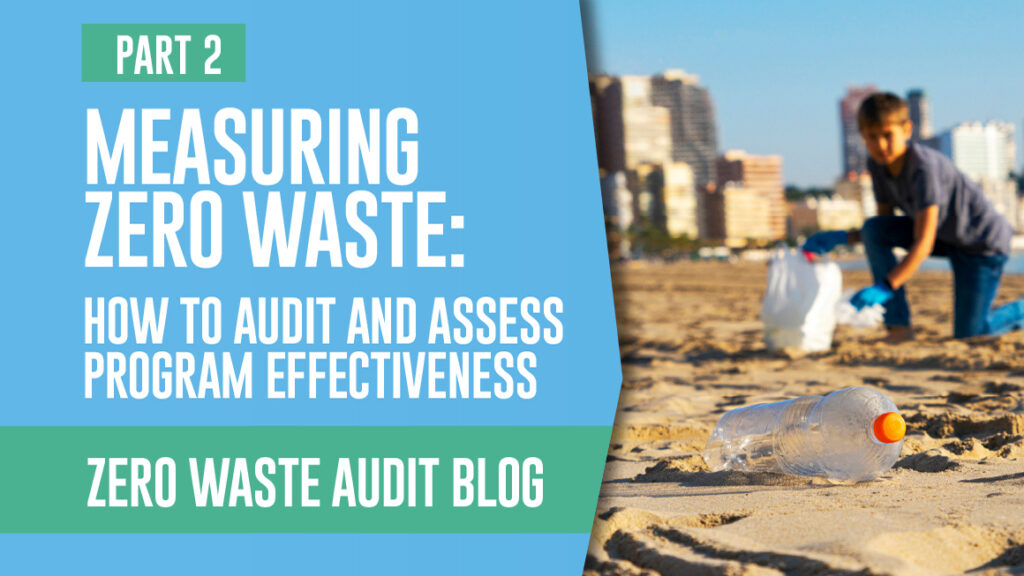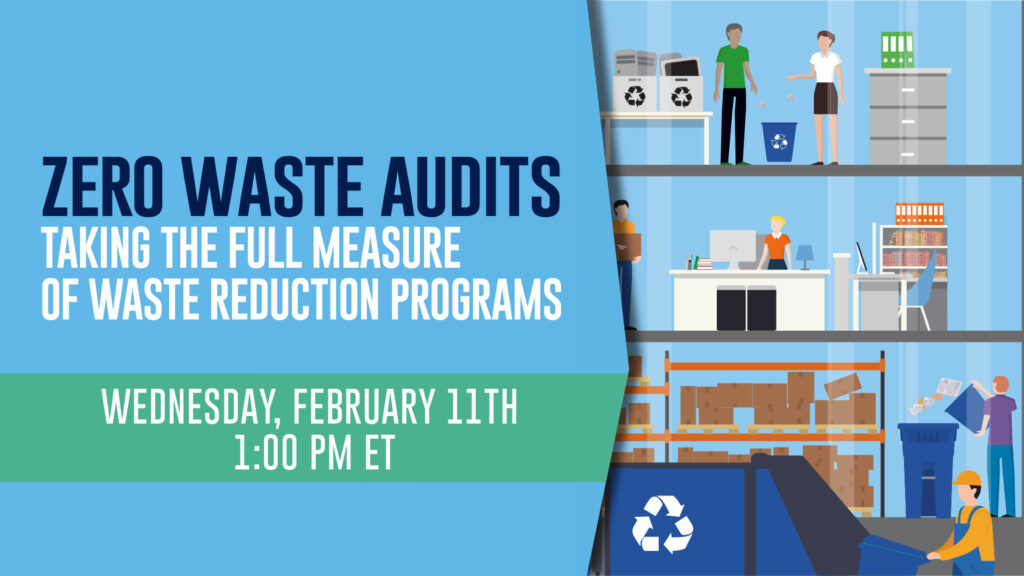For more information on how to build an exceptional recycling program for your Restaurant, click here.
Introduction
The food-service industry generates large amounts of waste every day — from packaging and disposable containers to leftover food. Managing this waste isn’t just an operational challenge; it’s an opportunity. By introducing or improving a waste-management program (including recycling and organics collection) in your restaurant, you can bolster your bottom line, enhance your reputation, and reduce environmental impact.
Here’s how the benefits break down.
Economic Impact
When you overhaul or launch a solid waste-management program, you often see cost savings and revenue-generating opportunities.
1. Lower waste disposal costs
Trash removal can be a major expense, especially in densely populated or remote areas. But by diverting paper, plastic and other recyclables out of your general waste stream, restaurants have cut disposal bills by as much as 50 %. While you still incur some collection cost for recyclables, the reduction in general trash volume often leads to net savings.
2. Supports the economy
Recycling is more than just good for the planet—it also drives jobs and economic activity. According to a study from Waste Wise, the recycling industry creates jobs, saves money for waste-generating businesses, and makes economic sense. By participating in that economy, your restaurant contributes to broader economic health.
3. Revenue from recycled materials
Some recyclable materials actually carry value. Diverting them enables restaurants to tap into that revenue stream (or at least offset costs). This supports a circular-economy model where materials are reused rather than discarded.
4. Cleaner grounds = better guest experience
A clearly communicated and accessible waste/recycling program helps reduce litter and improper disposal. Cleaner outside and inside spaces improve aesthetics, reduce the burden on janitorial/restaurant staff, and make a more inviting environment for guests.
Social Impact
Your waste-management program has meaningful ripple effects beyond money and operations — it affects your team, your guests and your community.
- Brand value & guest perception: When a restaurant actively recycles and manages organics, it sends a strong message that it cares about sustainability. Guests and employees tend to respond positively to that.
- Empowerment & culture: A visible commitment to green practices can inspire staff and guests alike to take personal action — both in your restaurant and beyond.
- Job creation: The waste-sorting and recycling industry tends to employ more people per ton of material than conventional disposal systems. The Institute for Local Self‑Reliance reports that the sorting/processing end of recycling employs about ten times more people than traditional waste disposal does.
- Social norms & behaviour: When restaurants set a waste-management standard, visitors and guests see the expectation of proper disposal and recycling in action — making them more likely to follow suit.
Environmental Impact
The environmental case for a restaurant waste-management program is compelling.
- Reduced pollution: Recycling prevents many harmful chemicals and greenhouse gases released from materials in landfill sites.
- Conservation of raw materials & energy: By using less virgin raw material and energy (thanks to recycling), we preserve natural habitats and ecosystems (e.g., rainforests) and reduce heavy energy use.
- Organics diversion: In the food service sector, diverting food scraps and other organic matter from landfills offers specific environmental benefits:
- It reduces methane emissions (methane is about 21 × more potent than carbon dioxide at trapping heat).
- It limits leachate formation (toxic runoff from landfills) which threatens ground and surface water.
- It enables return of nutrients to soils, improves water retention, and reduces reliance on chemical fertilizers.
- Influence and ripple-effect: When a restaurant sets a strong waste-management program, it doesn’t operate in isolation. It signals to guests, suppliers and peers that change is feasible — which can lead to broader behavioural shifts.
Bringing it all together
Starting or revamping a waste-management program is not just a “nice to have” — for restaurants it can translate into cost savings, social goodwill and environmental stewardship. The key ingredients:
- Clear tracking and streams (waste, recycling, organics)
- Staff and guest education and engagement
- Signage and infrastructure that makes correct disposal easy
- Monitoring and continuous improvement
The more seamlessly you integrate these practices into daily operations, the more they become part of your restaurant’s identity — and the more benefits you’ll see. If you’ve implemented changes, sharing your challenges, wins and lessons learned helps the wider industry grow too.
Key Takeaways (TL;DR)
- A strong waste-management program in a restaurant isn’t just about being “green” — it delivers economic, social, and environmental benefits.
- Economically: cutting out recyclables and organics from general trash can reduce disposal costs, generate revenue, and improve cleanliness and guest experience.
- Socially: it signals to staff, guests and the community that your business cares — boosting brand image, employee engagement and local job growth.
- Environmentally: reducing landfill waste, diverting organics, cutting methane emissions and conserving resources all add up to meaningful climate impact.
- If implemented well (with clear streams, signage, staff buy-in and monitoring), the program becomes part of your restaurant’s culture and sets a positive example.



